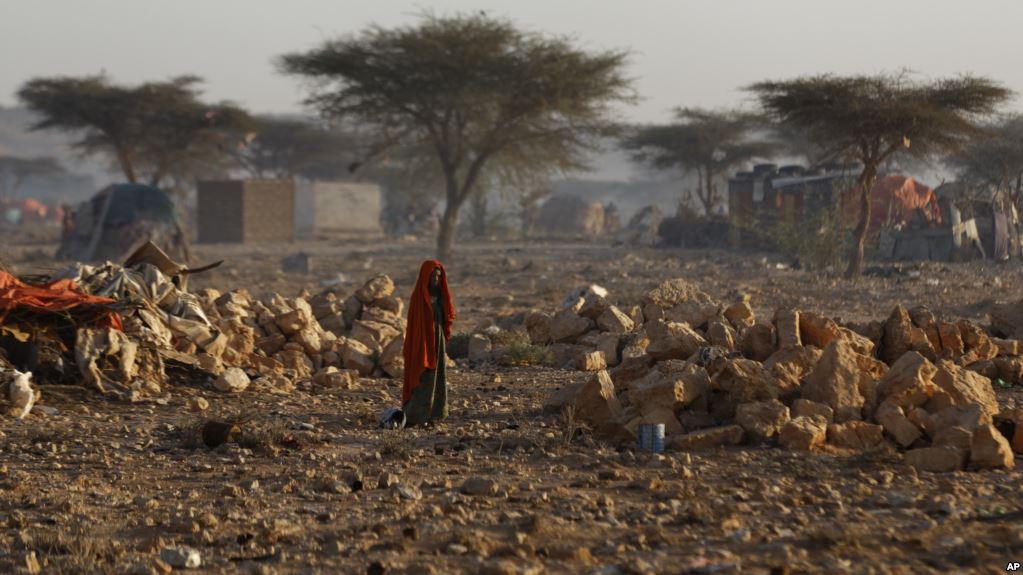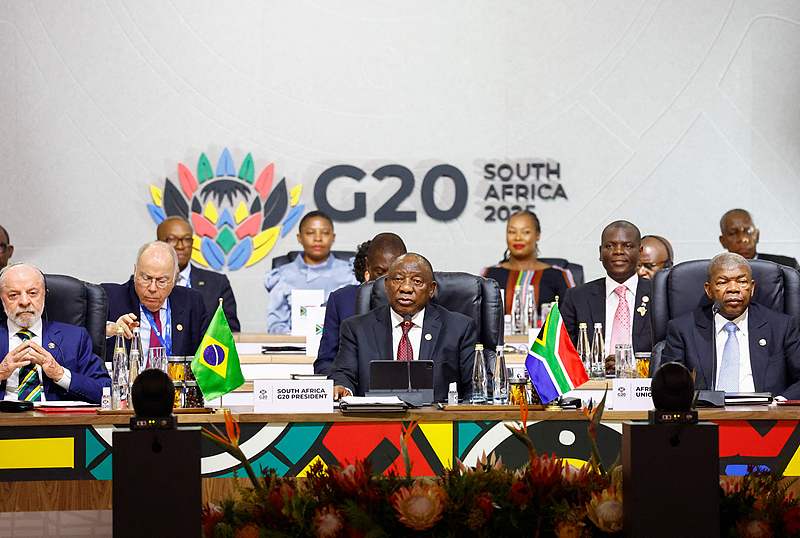
African universities can lead climate-friendly development

Southern African universities are leading the charge for taking a stance against climate change. Selected institutions are set to commence the region’s first open-access interdisciplinary master’s curriculum and courseware on climate change this year.
The move is being developed by Southern African Development Community (Sadc) stakeholders for the benefit of Sadc universities and countries.
It is thought that the new curriculum will mark a pioneering step towards regional academic collaboration, but also a new approach to knowledge development and research. If utilised effectively, the curriculum will also be key in highlighting the gaps that policy makers across the region need to address and will enable the universities to materialise a future path for sustainable development.
Climate change affects everybody, and this new curriculum caters itself to that fact. Taking into account the need for knowledge co-production between sectors and academic disciplines, the curriculum collaborates with a range of professionals – from the social sciences to natural, human and engineering sciences.
Traditionally, university research has been based on a single driving discipline to get the most out of a subject. With climate change being such a complex study, it has highlighted a need to break from tradition and to adapt research approaches.
This new technique offers a chance for southern African universities to create a practical synergy between the institution and the active community.
With this unique approach to regional academic collaboration, it lays down a blueprint to informing the kinds of policies the continent will need to cope with the growing pressure for sustainable development in an ever-changing climate.






